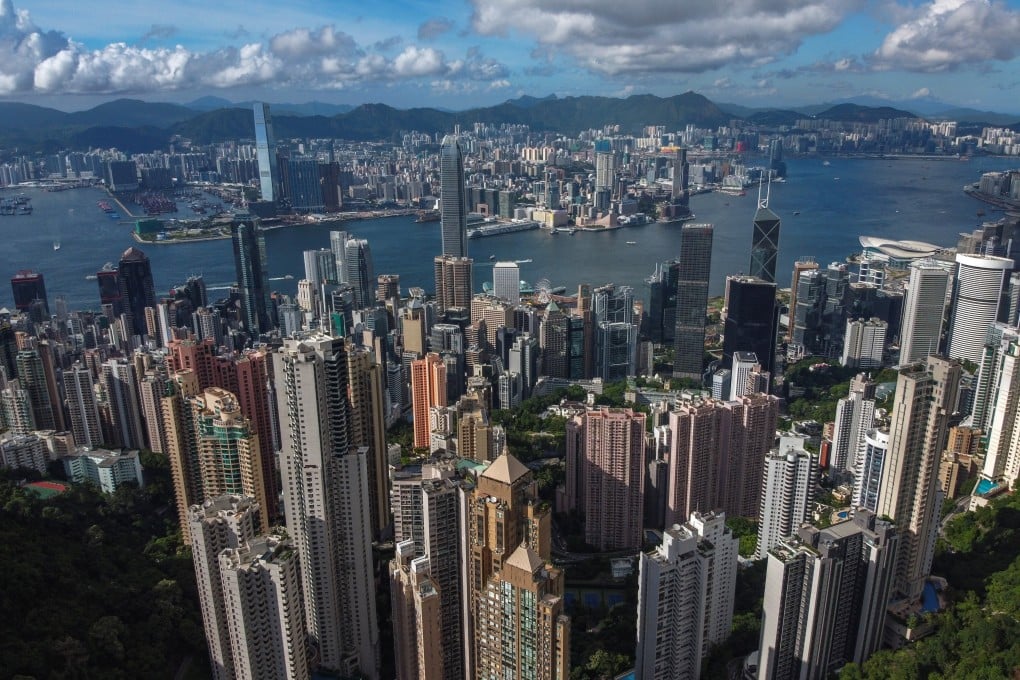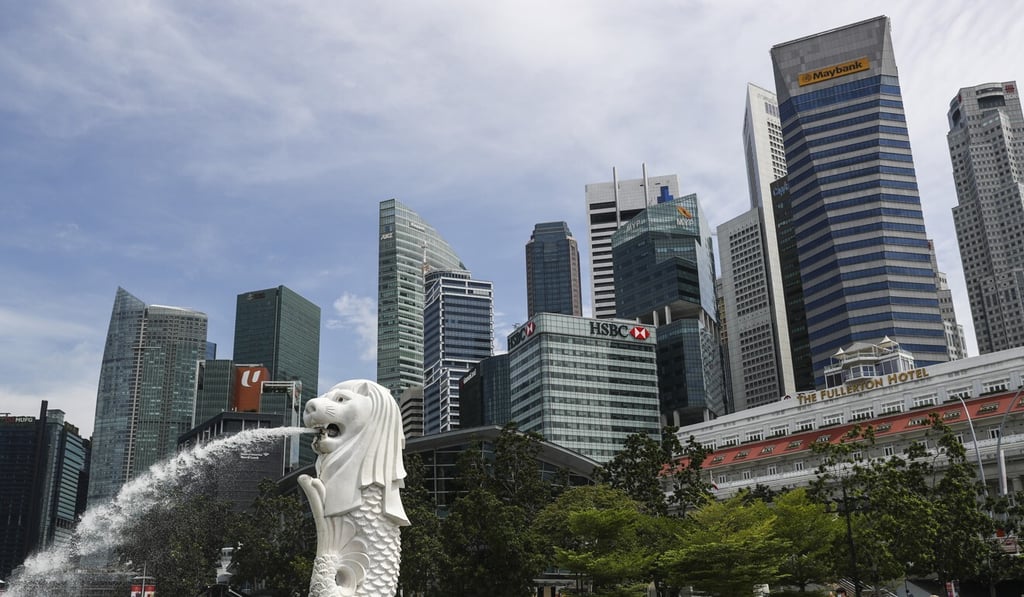Advertisement
Hong Kong, Singapore put brakes on travel bubble until 2021, will reassess Covid-19 fourth wave situation in late December
- Decision to defer taken ‘in view of the severity of the epidemic situation in Hong Kong’, government says, as cases continue to mount
- As of November 30, city registering average of 16.1 coronvirus cases of unknown origin per day
Reading Time:3 minutes
Why you can trust SCMP

Hong Kong and Singapore postponed the launch of quarantine-free flying until 2021 on Tuesday, dealing a heavy blow to hard-hit industries banking on travel bubbles to salvage a recovery from the coronavirus pandemic.
The Commerce and Economic Development Bureau said in a statement that the bubble arrangements would be reviewed in “late December”, with a view to reassessing the health conditions in Hong Kong, now struggling with a fourth wave of the coronavirus.
“The decision on a further deferral of the launch date of the ATB (air travel bubble) was taken in view of the severity of the epidemic situation in Hong Kong, with the number of local cases of unknown sources increasing rapidly,” the government statement said.
Advertisement

Passengers who made bookings in December were advised to contact their airline and adjust their travel plans.
Advertisement
The much-hailed bubble between the two major Asian air transit hubs was scuppered on the eve of its inaugural flights, dealing a huge blow to airlines that had embraced the quarantine-free plan in the hope it would shore up a financially devastated sector that has seen travel all but collapse during the year-long coronavirus pandemic.
Advertisement
Select Voice
Select Speed
1.00x